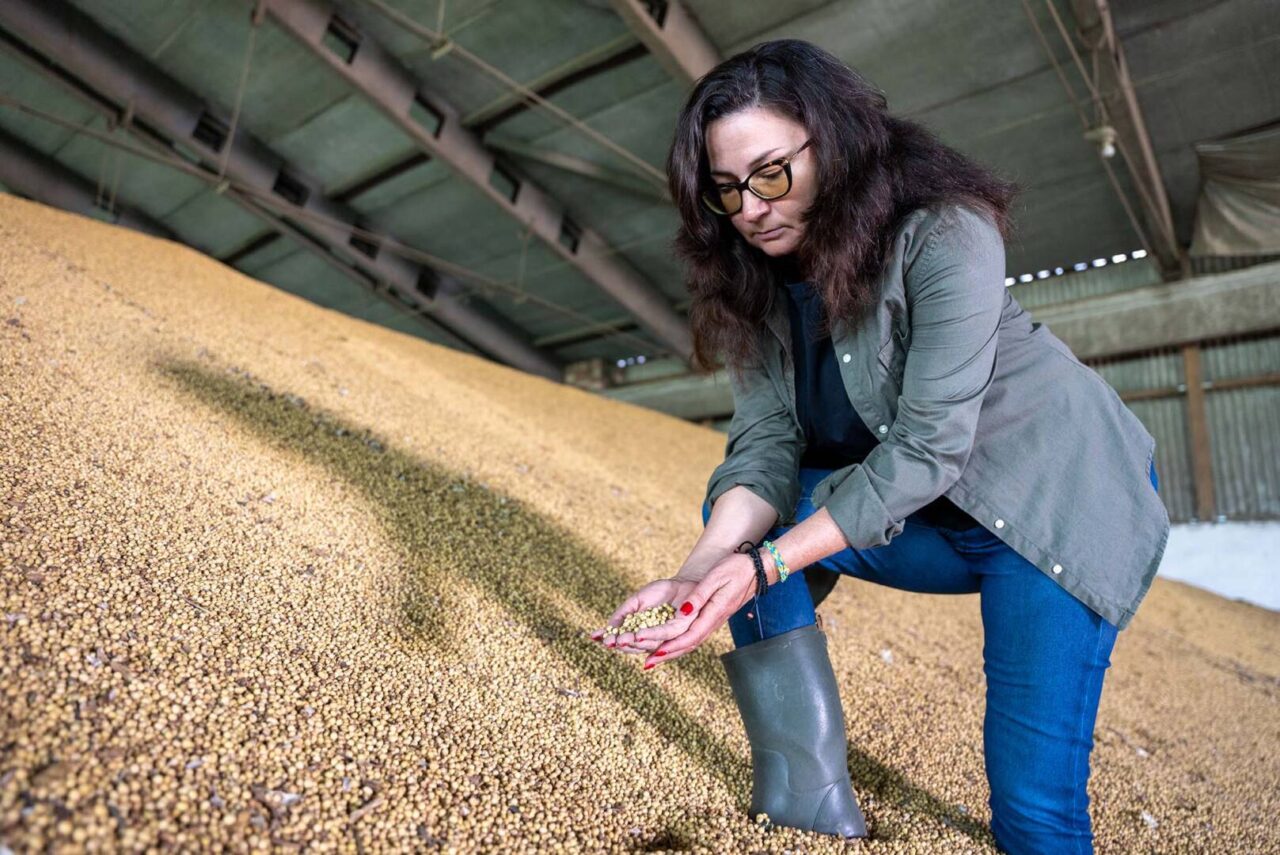World Vision welcomes news of first grain shipment from Ukraine, hopes it’s a step toward addressing global hunger crisis
Media Contact :
August 1, 2022
Senior Public Relations Manager
[email protected]
m 404-735-0871
Media Contact :
August 1, 2022
Senior Public Relations Manager
[email protected]
m 404-735-0871

BUCHAREST (August 1, 2022) — International humanitarian organization World Vision has welcomed the departure of the first shipment of grain from Ukraine’s Odesa seaport and hopes it will be the first of many that are urgently needed to tackle the global hunger crisis.
The ship left this morning for Lebanon, which is facing an accelerating humanitarian crisis caused by one of the world’s worst economic collapses in recent history. More than 2 million people in Lebanon require emergency aid, in addition to 1.5 million Syrian refugees in the country who do not have access to even basic services. In June of last year about a third of the children in Lebanon had to go to bed hungry or skip meals, and with the worsening hunger crisis and grain shortage, World Vision fears this will become the way of life for the majority of the country’s children.
“Millions of people around the world rely on Ukrainian grain. Without it, children and their families face increased food shortages and worrying price spikes,” says Jennifer Neelsen, World Vision’s Ukraine crisis response director. “For months the [Ukraine] conflict has prevented any sea shipments, so humanitarian agencies including World Vision are hopeful that this is only the first of a regular flow of further shipments. Right now, some 20 million tons of grain are bottlenecked in Ukraine. Hopefully it can begin to flow out.”
Around the world, 50 million people are one step away from famine that would put already vulnerable children at risk of severe malnutrition and death. This dire situation has resulted from shocks including regional conflicts like the one in Ukraine, sharply rising costs, extreme weather events, and the social and economic impacts of the COVID pandemic.
“Grain export cannot solve all the hunger problems resulting from climate change and conflict but it will hopefully de-escalate the crisis and contribute to more affordable prices for those worst affected,” Neelsen said. “The shipment is a drop in the ocean of what is required, but it’s a start. We hope the shipping agreement holds. Food flows need to be scaled up immediately if lives are to be saved.”
World Vision is currently engaged in the largest-ever humanitarian response in its 70-year history, aiming to deliver food and life-saving assistance to 22 million people in 25 of the countries hardest hit by the hunger crisis.
About World Vision:
World Vision is a Christian humanitarian organization dedicated to working with children, families and their communities worldwide to reach their full potential by tackling the causes of poverty and injustice. With staff in nearly 100 countries, World Vision serves all people, regardless of religion, race, ethnicity or gender. For more information, please visit www.WorldVision.org/media-center/ or on Twitter @WorldVisionUSA.